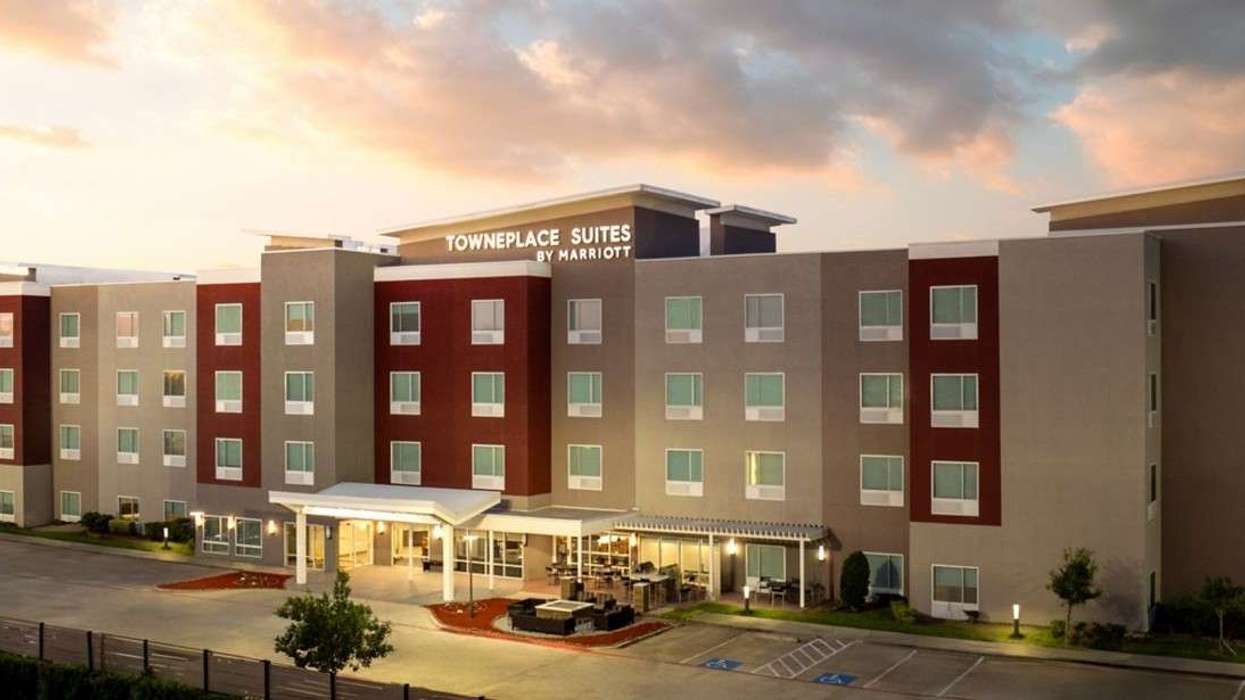Group travel business can bring hotels much needed revenue. Jeff Bzdawka, CEO of research firm Knowland, offers tips on how smaller hotels with limited meeting space can capitalize on this revenue stream.
Boosting group travel revenue in small hotels
There is a science to sales. Those of us who work in the hospitality industry know many essential qualities are needed for successful sales outcomes. Qualities include verbal and non-verbal communication skills, listening skills, and the ability to convey information persuasively.
Empathy, product knowledge, problem-solving skills, and a goal-oriented mindset are crucial when understanding and relating to the customer’s needs, concerns, and emotions. When these skills come together, the salesperson can build trust and rapport. These are the essential elements for closing the deal.
But what if you manage a smaller property or have limited services? You’ve got the meeting space to host meetings under 100 attendees, but you don’t have the time or expertise to research your market to identify and win those customers. The reality for many small hoteliers is the lack of time, money and personnel. The “salesperson” is likely also doing double duty by checking in guests, counting inventory or managing other duties every minute of the day. And the phone continues to ring.
When time, and often personnel, is scarce, gaining insight into the groups meeting in their market or even their sub-market can seem impossible. So, how can smaller hoteliers compete with the more prominent brands or properties in their market?
Leveraging Data to Activate Group Sales
Identifying active accounts in a specific market can be stressful and time-consuming. It can be challenging to determine which accounts are the best fit for a property, and taking the time to do so can feel overwhelming for hoteliers in environments where they are responsible for both sales and operations.
It isn’t easy to decipher which accounts are the best fit or produce more business. It is also easy to feel overwhelmed by data and not know where to start. Over time, this can become draining for even the most diligent and goal-oriented salesperson.
Add to that frustration, the influx of RFPs sent by meeting planners who may be less experienced or unfamiliar with your property. This results in more lead volume but often lower conversion rates. With too many RFP responses to navigate, novice meeting planners get lost in the crunch to reply to each one and hotel sellers end up being ghosted.
Empowering limited-service hotels, which were hardest hit by the recent travel slowdown, with automated prospecting will help streamline the sales process. If qualified accounts are delivered directly to the seller’s inbox, productivity and group business growth can be boosted. Thanks to the advances in AI and machine learning, valuable group sales intelligence solutions for all hotel sizes and chain scales are available today.
This automation is having a trickle-down effect by lowering the barrier to entry for automated prospecting at scale, which in turn helps hotels unlock a clear return on investment when purchasing prospecting solutions.
Best Practices to Improve Prospecting Efforts
Using data to facilitate and improve prospecting efforts is crucial. However, software solutions are often too expensive to purchase or difficult to learn and maintain for smaller hotels with limited budgets and high staff turnover. It’s time for that to change.
We know small meetings are the key to profitability. Industry data shows that 50 percent of meetings have under 100 attendees. Access to data ensures busy hoteliers can take advantage of group business without stress or abandoning their other priorities. This is a beacon of hope for small hoteliers, showing that there is a way to manage their time and resources more effectively and, more importantly, fill need periods when leisure bookings wane.
There are various sales automation tools designed to streamline and automate different aspects of the prospecting process. These tools leverage technology to help sales teams identify and engage with potential leads more efficiently, ultimately driving higher conversion rates and sales productivity.
From lead generation to email automation to CRM integration, it can be daunting for limited-service hotels to know which tool will provide the best ROI regarding group sales. More importantly, many of these tools are designed to help hoteliers track, manage, and sell to consumers, not meeting event planners looking to book smaller events.
It is more cost-effective for smaller properties to focus on group business as opposed to the leisure traveler. Filling needs periods when leisure is waning with group business is becoming essential to a hotel’s success.
Here’s a short list to consider when looking for prospecting sales solutions:
- Look for data that qualifies the opportunity. Make sure to go beyond just company and contact data. Knowing booking patterns and intent preferences can make the difference between a cold call and a warm call. Specifically, look for the data you need to qualify the opportunity and determine if the meetings in your market are ones that your property can support.
- Know accounts new to your local market. By gaining knowledge down to your local sub-market, you can keep tabs on what accounts have moved into your area and be among the first to reach out to win their business.
- Identify top opportunities for your property. Historical events are a strong predictor of future booking and can be useful to identify which accounts will likely book in your sub-market this year. Having that data in hand will allow you to proactively conduct outreach.
When looking to enhance group business – especially in an uncertain market, prospecting automation tools that empower sales teams to work more efficiently, optimize their outreach efforts and focus their time and resources on qualified high-potential leads will ultimately drive greater sales success. To position your sales teams for growth, make sure they are equipped with these tools that will improve both their productivity and performance.






